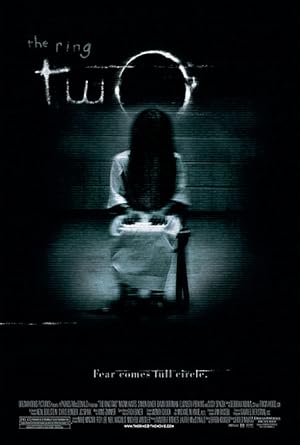Game Over: Kasparov and the Machine

Scott Hardie: “It was ok.”
Chess is not a game enjoyed by people with no attention span, yet that seems to be the target audience of this documentary on the subject. It is edited with such schizophrenic abandon that it often becomes difficult to follow, cutting between different events and film formats faster than Oliver Stone's wildest imaginings, and playing the musical score so loudly that the speech (much of it in Kasparov's Russian accent) cannot be comprehended. This is also the second documentary I've seen in less than a week in which a significant amount of the narration was delivered in a breathy and unintelligible whisper for no apparent reason, a storytelling gimmick that had no welcome to wear out in the first place.
But the real sin of the film is reporting what happened without exploring it in anything but a superficial, symbolic way. There's even an interview with one chess reporter who pats himself on the back for doing real investigative journalism instead of being a PR puppet, but the film doesn't follow in his footsteps. It presents as literal history Garry Kasparov's explanation for his historic 1997 loss to computer Deep Blue: Another grandmaster was feeding it moves, and IBM refused to prove otherwise though they easily could have. The only "investigation" taking place is corresponding interviews with the Deep Blue team, who explain without illuminating. Why didn't they give up the computational logs that Kasparov asked for? Why did they go to such extreme lengths to secure their control center? Why do they continue to refuse a rematch after the financial bounce from the original victory has worn off? These are questions the film makes the viewer eager to hear answered.
For all of Kasparov's explanations about how computers "simply don't play that way," it gradually dawned on me that something much more interesting had taken place than a computer beating a human with strategy: A computer, with more than a little help from its assistants, beat a human with psychology. Kasparov claims that there had to be two computers involved since Deep Blue seemed to play so poorly in Game One and so masterfully in Game Two, but he's obviously a stranger to games like poker and pool, where the fundamental principle of the hustle is to seem much easier to defeat than you are. Deep Blue, probably instructed by its team to play poorly the first time (rather than spontaneously developing the strategy), psyched out Kasparov by throwing the first match and then whooping him in the second, a trick that both parties admit was enough to throw Kasparov off his game. He drew the next three matches and threw the fourth under increasing psychological pressure from IBM – first agreeing to his demands about the logs and then refusing, toying with his staff and reporters by locking them out of the building as security threats, pretending to spy on his hotel room, et cetera. For all the discussions of the pros and cons of being the human or being the computer, none of the interviewees did much to acknowledge one of the most obvious weaknesses of the human, that he can be defeated psychologically while the computer is invulnerable. Maybe it wasn't the film's intention to communicate that that's what happened, but I was left with a strong impression of it all the same.
− date unknown • more by Scott • log in or register to reply
Want to join the discussion? Log in or register to reply.
write your own review of Game Over: Kasparov and the Machine
















